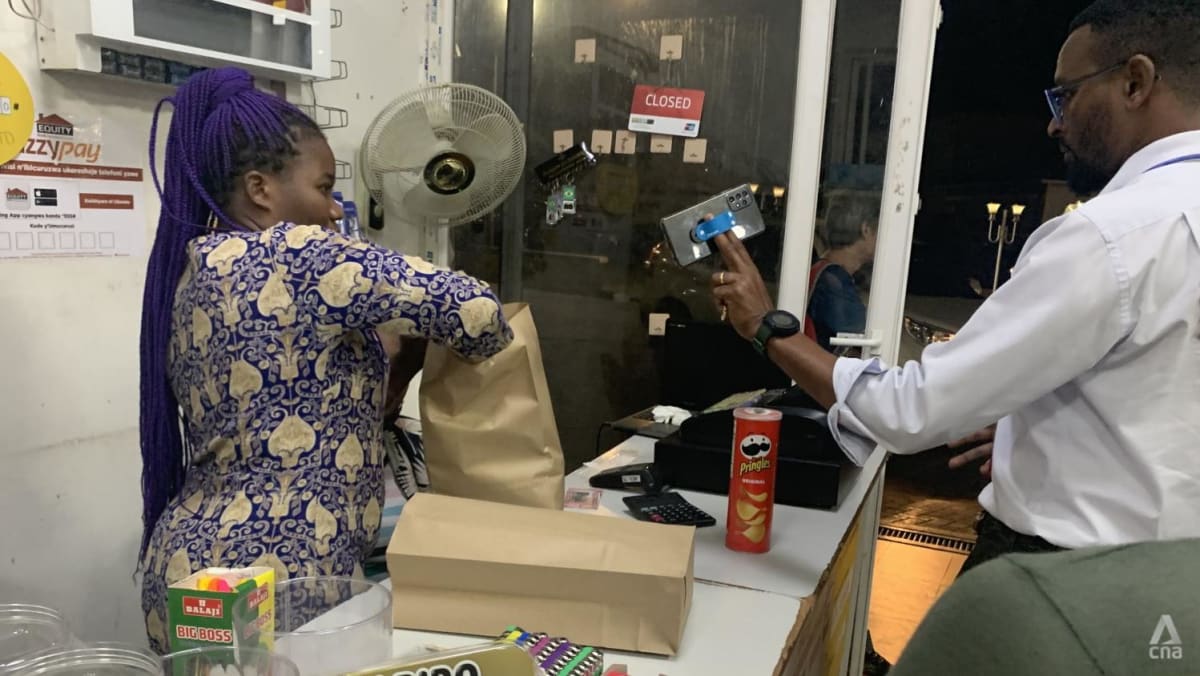It's happening. There are a number of funds that are specialising in investing/seeding plastics recycling in less develped countries where they have the bigger problems trying to recycle. Here's one that I know of that concentrates on plastics in the ocean.
Circulate Captital
There's 2 sides to this. 1 is capital and there has been a significant increase in the amount of capital moving into ESG funds. This is great as it increases capital available to these projects.
The problem is though in cost. New technology will always create a more expensive product and whilst some businesses will pay a small premium for more energy sustaining goods, others won't, but this premium is not exhaustive. For example, most companies would probably pay a 10-15% premium for a product that they can state saves them emissions as emissions are so important right not from shareholders to other stakeholders, but much more than that and the takeup will be small and again we will be back to the original issue of a product without an end user market which again will break the cycle. You'd have to sell at a massive loss to even try and penetrate the market.
Some of this specifically around recycling, should be driven by governments and councils. As I mentioned, I think tipping fees should be vastly increased. $170 or something like that in Melbourne per tonne is way too cheap. Increase it to $1500, and this is where I mention input credits. If a company would be paying circa $1650 ($1500 per tonne tipping fees and $150 for the driver) then they will look at other options. If a recycling company offers them to be able to drop it off to them for $1400 then the company gets a saving of $250 / tonne and will likely follow that. That $1400 input credit is huge as it can dramatically reduce the cost of producing whatever goods you do with the recycled plastics, whether its another plastic product / fuel etc. At the moment, that input credit might only be $50-$150 which just isn't enough to lower their cost base and make their saleable product profitable. No profitable business plan, no seed funding is the big problem.
There are others too, where you are told technology is too new and therefore will be scrapped. I was horrified when we looked to replace some of our smaller forklifts in NZ at the prices we were offered. The electric vehicles were priced at double the lease rate of the gas forkifts (we are talking well over $1,000 / month more expensive), whats more we were told that the technology was so new, that they don't know how it will operate and if it makes it to 5 years they will just scrap it at the end of the 5 year lease period (scrapping an electric vehicle after 5 years compared to 15-20 for a gas one is hardly making the case for being environmentally friendly). Had that premium price being 10%-15%, I probably could have made the business case to get them because we are lowering emissions / improving air quality in warehouses etc but at double its very difficult to sell. What horrifies me more though, is I worked for a forklift company 20 years ago and we sold diesel, gas AND electric forklifts back then, electric were sold at a small premium over gas. How we get 20 years down the line and electric costs have increased that much astounds me. It sounds more like price gouging than genuine cost increases, which is a massive issue in the market. Like I said 10-15%, and we probably go with the green option, double the price and scrapping after 5 years hardly sells the case for me.
We need to create profitable end user markets for these products, some of that is creating a market, some of that is normalising the cost structure of the product and governments need to play their part here to encourage councils / companies to deter sending "waste" to landfill and actually use this "waste" not as waste but a supplied input into another production process. We have tested the market theory which doesn't work, we need governments to get involved and push towards moving this forward much quicker, and that can only be through pricing / cost initiatives and the 1st one of those is increasing landfill tipping fees. Whats more, I'd love councils to start weighing our bins, and moving household waste collection costs more to a user pays, rather than a 1 price fits all model.


